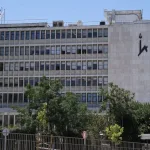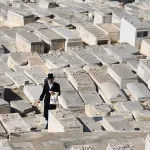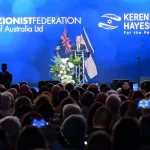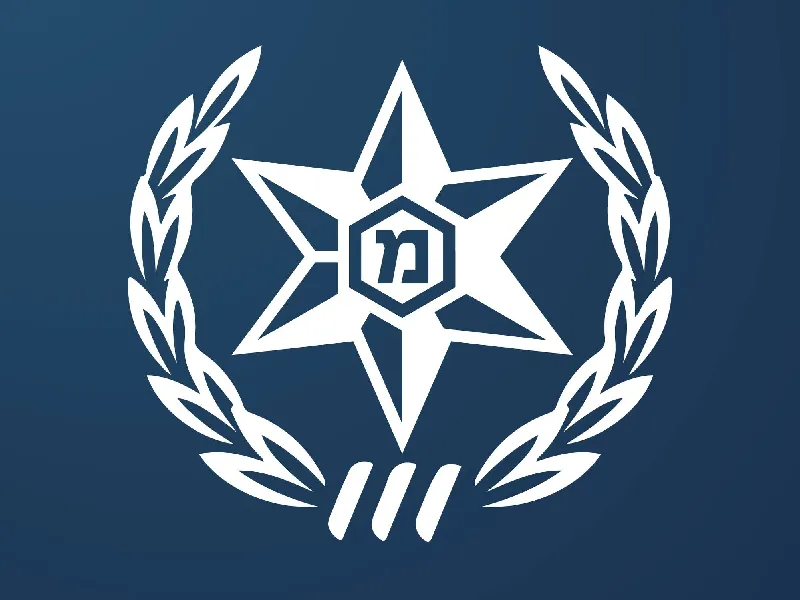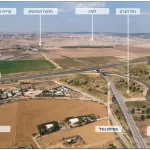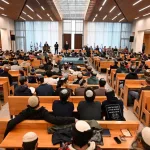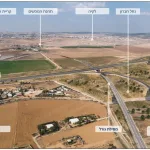Jerusalem, 16 July, 2025 (TPS-IL) — The Orthodox Shas party quit the Israeli government on Wednesday, but a decision not to immediately topple the government gives Prime Minister Benjamin Netanyahu time to resolve the thorny issue of mandatory army service for yeshiva students.
Although the move technically leaves Netanyahu’s government with 50 of the Knesset’s 120 seats, Shas’ Council of Torah Sages instructed party officials not to support any vote of no confidence before parliament’s summer recess. The three month break begins July 27.
Interior Minister Moshe Arbel, Health Minister Uriel Buso, Ministe of Welfare and Social Affairs Yaakov Margi, are expected to submit their resignations on Thursday.
Shas was widely expected to withdraw after its’ political partner, the United Torah Judaism party (UTJ) left the government on Monday.
Haredi men in Israel are generally exempt from mandatory military service if they study full-time in religious seminaries, known as yeshivot. The issue has long divided Israeli society and remains politically sensitive, especially during wartime. Shas and UTJ insist on preserving these exemptions as a matter of religious principle and community identity.
However, public opposition has grown. After 21 months of war, many Israelis view the policy as unequal.
The immediate cause of the walkout was the government’s failure to advance legislation formalizing the draft exemption. A previous compromise brokered by Knesset Foreign Affairs and Defense Committee chairman Yuli Edelstein had briefly postponed the crisis, but that version of the bill was pulled from the agenda in recent days.
Three specific points remain unresolved in the current legislation: canceling draft notices already sent to religious students; determining who controls the “exceptions committee” that grants individual exemptions; and the scope of financial penalties for seminaries whose students fail to meet government-set enlistment targets. Edelstein wants the military to retain full control over the process and is pushing for tougher sanctions — including canceling state funding entirely if fewer than 75% of required enlistments are met.
The military began making plans to draft yeshiva students after Israel’s High Court of Justice ruled in in 2024 that exemptions for the Haredi community were illegal.
The army told lawmakers it faces a critical manpower shortage, needing approximately 12,000 new recruits, including 7,000 combat soldiers and seeks to recruit 4,800 Haredi men annually, a figure expected to rise over time.
Military service is compulsory for all Israeli citizens. However, Israel’s first Prime Minister, David Ben-Gurion, and the country’s leading rabbis agreed to a status quo that deferred military service for Haredi men studying in yeshivot, or religious institutions. At the time, no more than several hundred men were studying in yeshivot.
The Orthodox community has grown significantly since Israel’s founding. In January 2023, the Central Bureau of Statistics reported that Haredim are Israel’s fastest-growing community and projected it would constitute 16% of the population by the end of the decade. According to the Israel Democracy Institute, the number of yeshiva students exceeded 138,000 in 2021.





